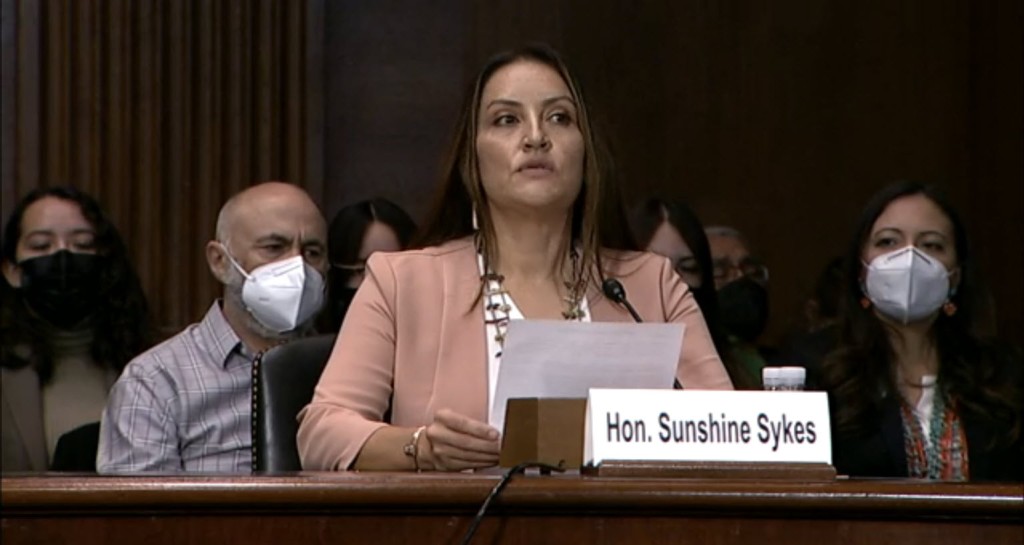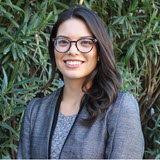By: Theodore J. Griswold | Partner | ted.griswold@procopio.com
Procopio is pleased to welcome Anna Hohag (University of Arizona) and Nichole “Nikke” Alex (University of New Mexico) as the 2015 summer interns for the firm’s Native American Practice Group. Each paid internship extends ten weeks, and provides an opportunity for a Native American law student, or law student emphasizing Native American Law, to gain hands-on experience dealing with everyday legal issues facing Native American communities. Procopio Interns also reach out to local Native American youth to provide guidance and inspiration regarding educational direction and opportunities.
Ms. Hohag is a first year law student at the James E. Rogers College of Law at the University of Arizona, focusing on its Indigenous Peoples’ Law and Policy Program. Ms. Hohag is a citizen of the Bishop Paiute Tribe in Bishop, CA. Prior to entering law school, Ms. Hohag worked as a Tribal Liaison for Pala Band of Mission Indians from 2012 to 2014, working on land and environmental issues for the Tribe, including educating Tribal members on the American Indian Probate and Reform Act, and working with water and land settlements, sacred sites and the protection of natural and cultural resources. She has over 4 years of youth mentorship experience, both on the Pala Reservation and for the Bishop Paiute Tribe, providing guidance for youth to succeed in higher education, as well as serving as a positive role model.
Ms. Alex is a second year law student at the University of New Mexico School of Law with an emphasis on Indian and Environmental law. Ms. Alex is a citizen of the Navajo Nation. Ms. Alex is the current student liaison for the New Mexico Bar Association Natural Resources, Energy and Environmental Law Section. Prior to attending law school, she was the Executive Director for the Black Mesa Water Coalition, an environmental non-profit that is dedicated to preserving and protecting Mother Earth and the integrity of Indigenous Peoples’ cultures. She previously worked with the Diné Policy Institute applying Navajo Natural laws, and was an intern with the Tribal Science Council at the U.S. Environmental Protection Agency in Washington D.C.
Procopio’s Native American practice group extends the firm’s tradition of giving back to the community it serves through its summer internship program for Native American law students or law students interested in Native American law. The firm started this program in 2011 and has now welcomed nine interns since its inception. Notably, Jaclyn Simi, a 2012 intern and a citizen of the Seminole Nation of Oklahoma and Stephanie Conduff, a 2013 intern and a citizen of the Cherokee Nation, both continued to work with Procopio following their internships. For more about the Internship Alumni, click here.
Ted is head of the Native American Law practice group and primary editor for the Blogging Circle. Connect with Ted at ted.griswold@procopio.com and 619.515.3277.






